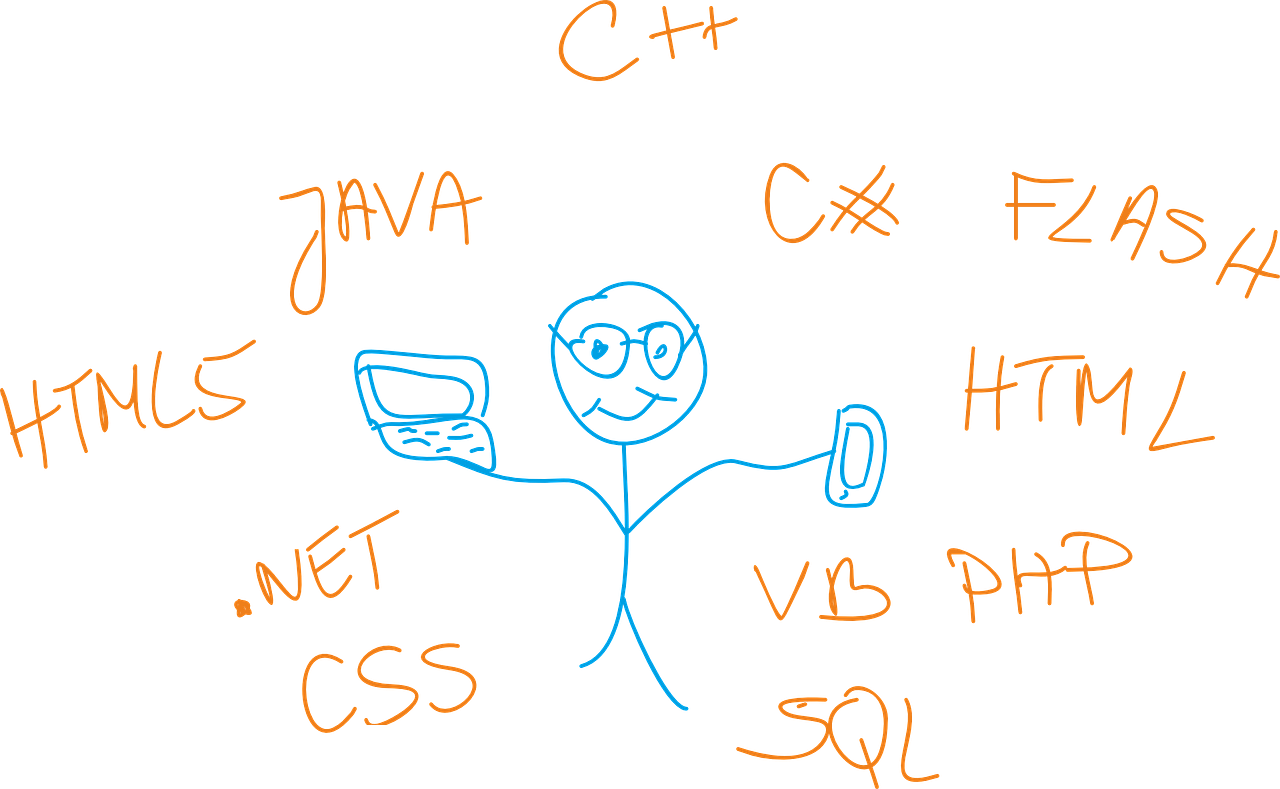What programming languages do your applications that communicate with MariaDB use?

MariaDB Foundation polls are an informal way to get feedback from our community. They’ve always been a bit hidden, but the most recent poll sat on the mariadb.org front page for a while, and got a healthy 5,225 votes.
It asked “What programming languages do your applications that communicate with MariaDB use?”, and here are the results:
| Python | 30% |
| PHP | 30% |
| Java | 19% |
| NodeJS | 16% |
| C# | 15% |
| C/C++ | 11% |
| Bash/Shell/Powershell | 7% |
| Other | 7% |
| TypeScript | 6% |
| Go | 6% |
| Rust | 4% |
| R | 3% |
| Ruby | 2% |
How do we use these results? Without reading too much into them, as it is an uncontrolled internet poll after all, we use them as another way to keep in touch with the MariaDB community, and get a sense of what people find important. Sometimes they can validate hypotheses we already have, and sometimes they can show us something interesting that wasn’t on our radar.
These results weren’t much of a surprise. They closely match the findings from the 2023 Stack Overflow survey, with the only outlier, and again not a surprise, being that PHP is more popular amongst our community than it is in general. With the prominence of PHP in the LAMP stack, and together with MariaDB and PHP being widely used by some of the busiest websites out there, such as Wikipedia, PHP will most likely always have a strong presence. We’re interested in seeing how MariaDB is growing outside of the widely-known usecases, for example the impact of MariaDB’s Oracle-compatibility mode, which makes it a great choice to migrate off the proprietary Oracle, as demonstrated by Southeast Asia’s largest bank, DBS.
With Python’s popularity showing no sign of slowing down, it’s no surprise that it topped the poll, pipping PHP by a few votes, but the increasing coupling of MariaDB with some of the newer languages, like Rust and Go, is pleasing to see.
A new poll is up, “What connectors do you use with MariaDB?, so feel free to vote on that one. Polls aren’t the only way to provide feedback. One of the most valuable ways is by voting and commenting on JIRA, our issue tracker, on the issues that interest you most. We do consider votes and comments when prioritising our roadmap, though of course, the nature of open source means that the best way to get something included quickly is to contribute it yourself!